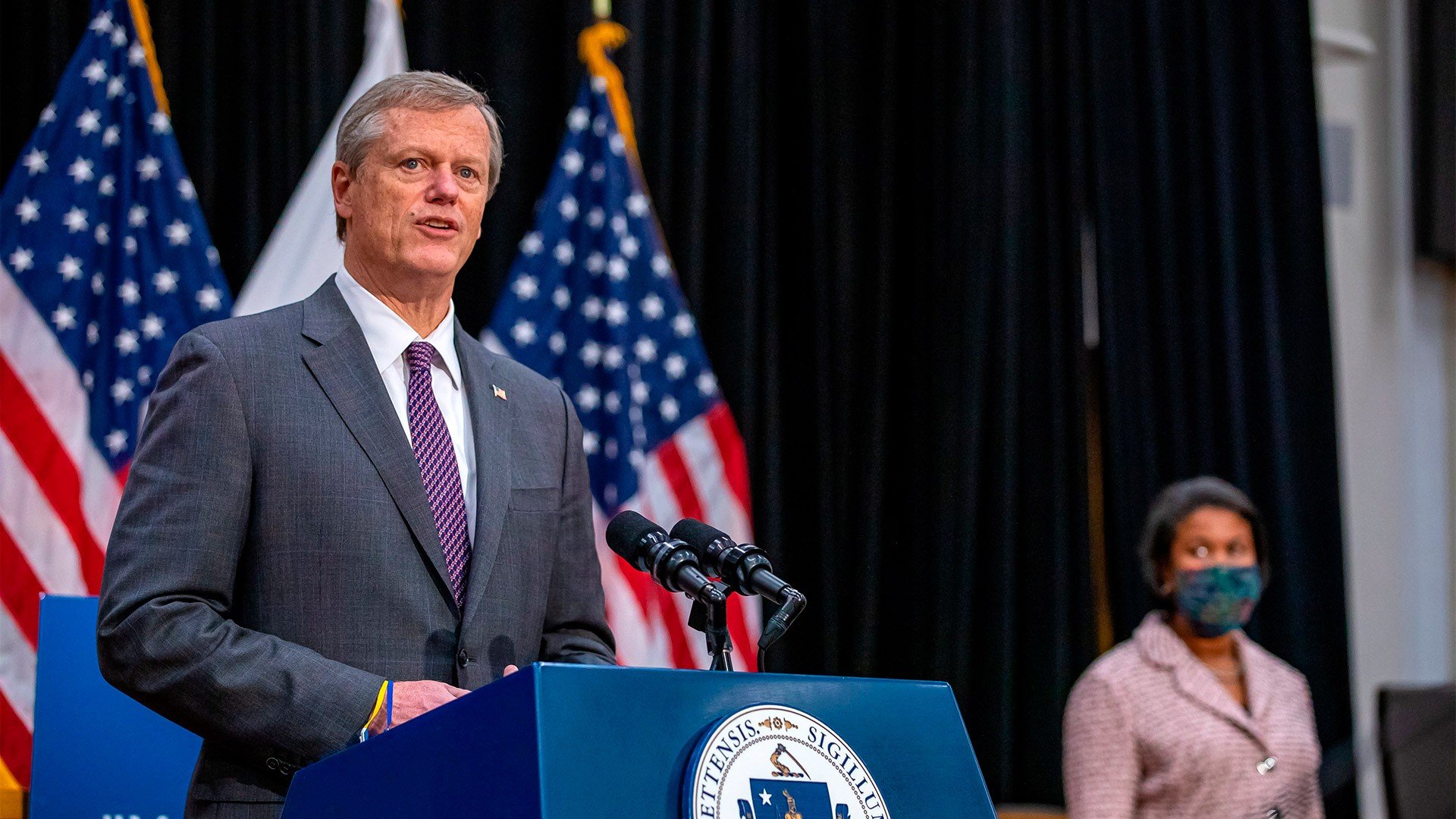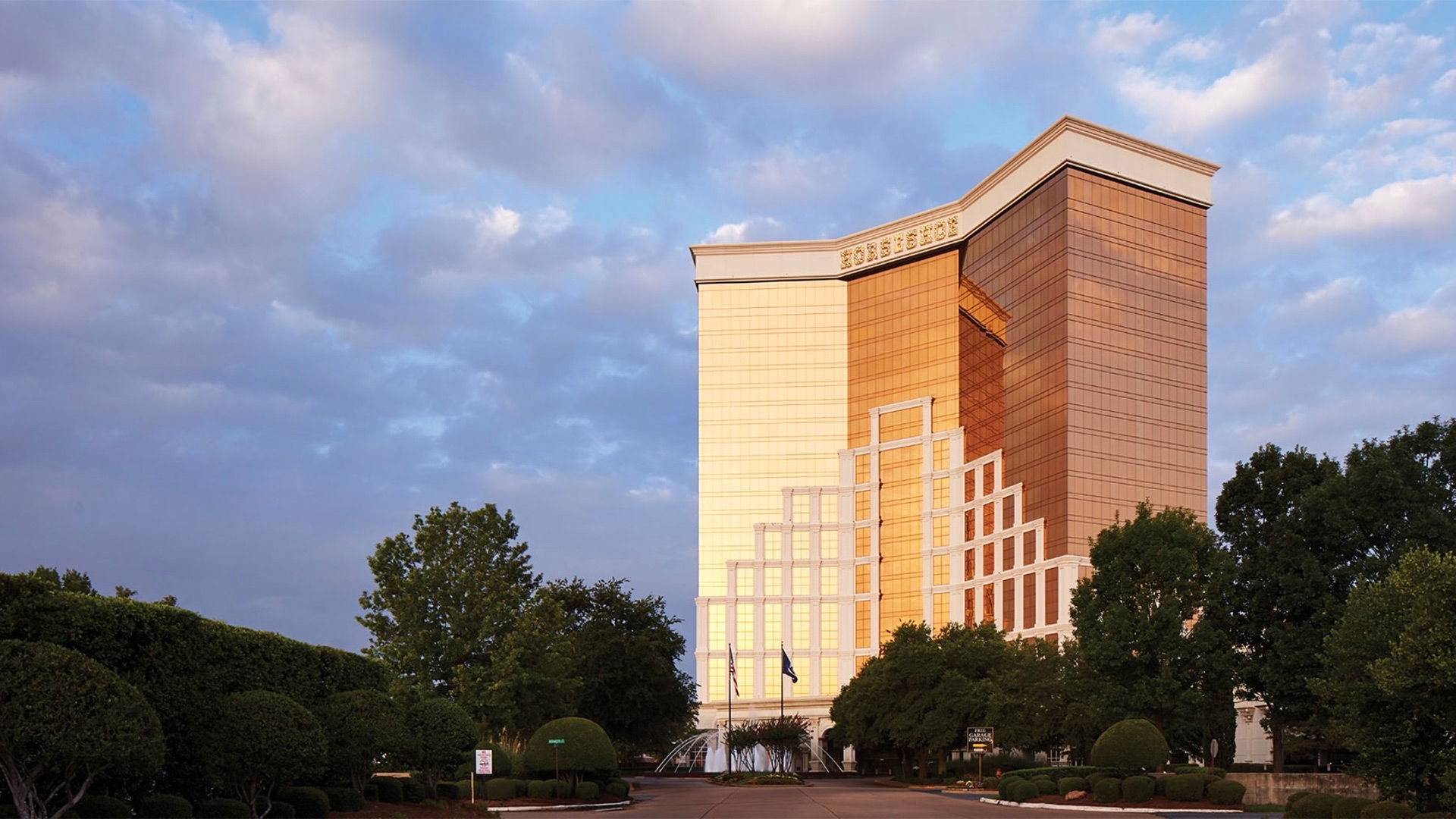Massachusetts Senate President says sports betting deal still possible as casinos make a last push for legalization

A sports betting bill in Massachusetts still has a shot at moving forward despite the pressing deadline for a consensus to be reached, Senate President Karen Spilka indicated. Legislators in the Bay State have less than a week of formal sessions left for a compromise proposal to emerge from conference committee, a move expected by state casino interests, which on Monday urged lawmakers to strike a deal.
While House Speaker Ron Mariano voiced doubts last week on the efforts to bridge differences between Senate and House sports betting proposals, lamenting the chambers were “far apart” on the issue, Spilka struck a more hopeful tone on Monday. The Senate President expressed optimism that negotiators could reconcile differences in the bills ahead of the July 31 deadline.
“Believe it or not, we’re looking at sports betting, and I hope we do get something done,” Spilka said unprompted as she rattled off a list of pending legislation lodged in conference committee, according to MassLive. However, the Ashland Democrat declined to say whether she expects college sports -one of the most debated provisions- would be included in a compromise bill.
“That’s up for negotiations, but I really hope that the approach is not an all-or-nothing bill,” Spilka told reporters at the Massachusetts State House. The Senate President did not rule out the option of allowing some collegiate sports betting, such as wagers involving out-of-state games and teams while shielding entities in Massachusetts.
Senate President Karen Spilka
While a compromise sports betting bill could still be reached in the final days, a set of key issues must be resolved by the conference committee for this to happen. The one that seems to be the most controversial is college sports betting: while the House bill allows this form of gaming, the Senate’s proposal does not, something Mariano described as a “dealbreaker.”
Additionally, the Senate bill features tighter restrictions on sports betting advertising, marketing and the use of credit cards for gambling. In contrast, the House bill does not feature these rigid provisions, and includes a lower tax rate, both for in-person and online wagering. While the House bill taxes betting at physical locations at 12.5% and online at 15%, the Senate proposal taxes at 20% and 35% respectively.
The compromise bill was described as in jeopardy last week after Mariano told reporters on Thursday that negotiators were “far apart” on the issue, with the sticking point for him continuing to be college sports betting. The House Speaker has repeatedly warned of unregulated black market activity if Bay Staters are unable to access regulated options for betting.
Four Massachusetts border states — New York, Connecticut, Rhode Island, and New Hampshire — have legal sports betting. While it is yet unclear which provisions would survive a potential compromise, what both chambers agree on is that Massachusetts is missing out by keeping its market illegal: lawmakers project sports wagering could generate around $35 million in annual tax revenues for the state.
Massachusetts Gov. Charlie Baker
In regards to a collegiate sports betting provision, Gov. Baker, a backer of legal betting, has said he would support it depending on the bill’s language. However, he offered vague remarks on a potential compromise bill last week, in a tone that was interpreted as “ambivalent.”
“It’s hard to tell at the end of session sort of what is or what isn’t going to get through the gate at the end,” Baker said during an interview on GBH News’ Boston Public Radio. While he affirmed other pieces of legislation will land on his desk before the July 31 deadline, Baker explained that with sports betting it was “hard” for him to draw a conclusion.
While the fate of the sports betting bill remains uncertain, executives from Plainridge Park Casino, MGM Springfield and Encore Boston Harbor on Monday urged legislators to pass a bill, arguing the current prohibition is affecting their businesses.

In a letter, the three venues told House and Senate members that the availability of legal sports betting in 35 states now means that "no resident of the Commonwealth is more than an hour's drive from a state where legal sports betting is available."
“As a result, our competitors in these states are now offering a significant amenity and service we are prohibited from offering in Massachusetts and capturing the Commonwealth's entertainment dollars once again," Encore Boston President Jenny Holaday, MGM Springfield President Chris Kelley and Plainridge Park Vice President and General Manager North Grounsell wrote, as reported by Boston Business Journal.
The casinos did not press for any specific policy provision, instead simply urging lawmakers to legalize the market. The executives argued the gaming industry is “hyper-competitive," and that not having this form of gaming is impacting their ability to build workforce as employees are choosing to work “in venues that draw significantly larger crowds because of sports betting.”




















































